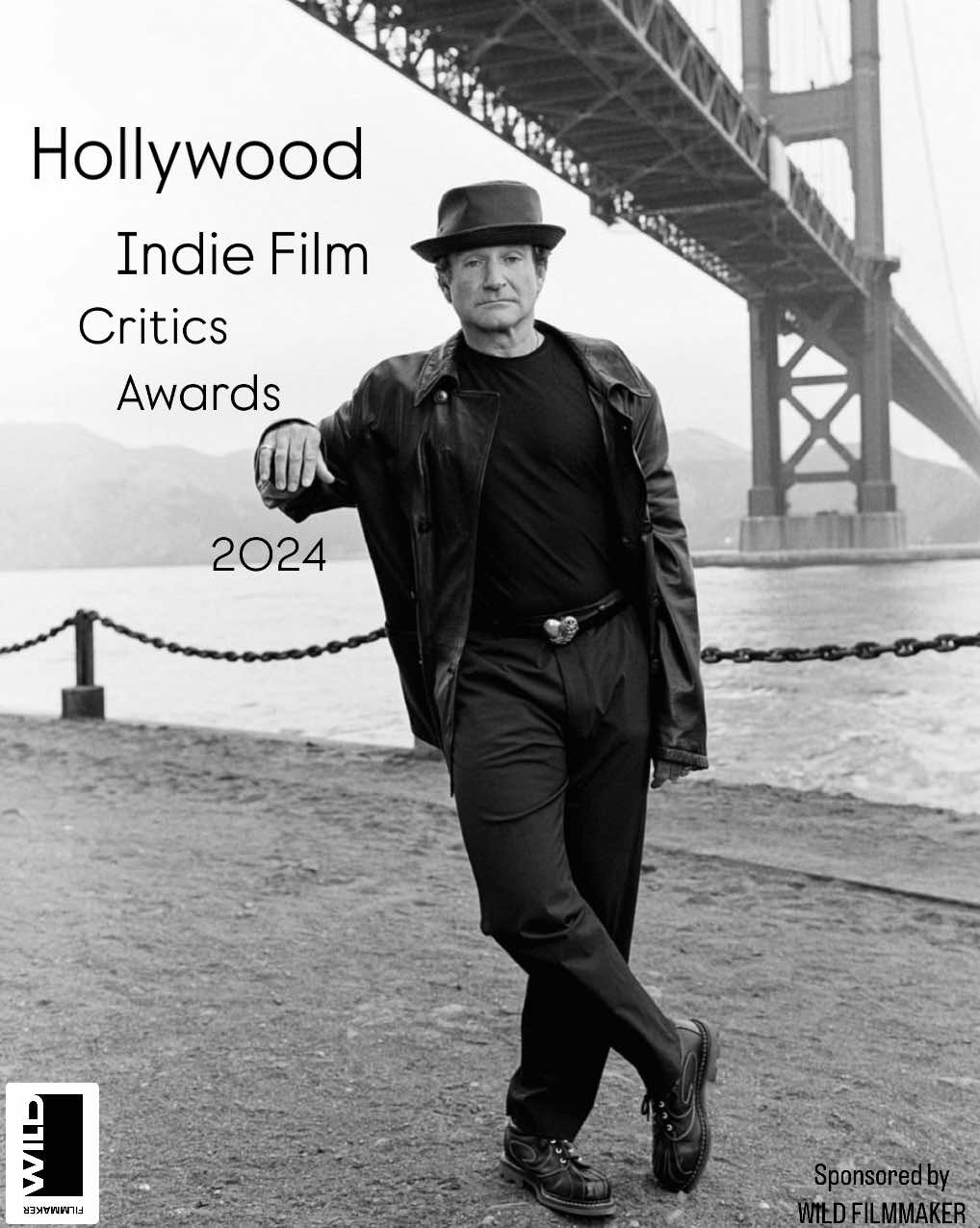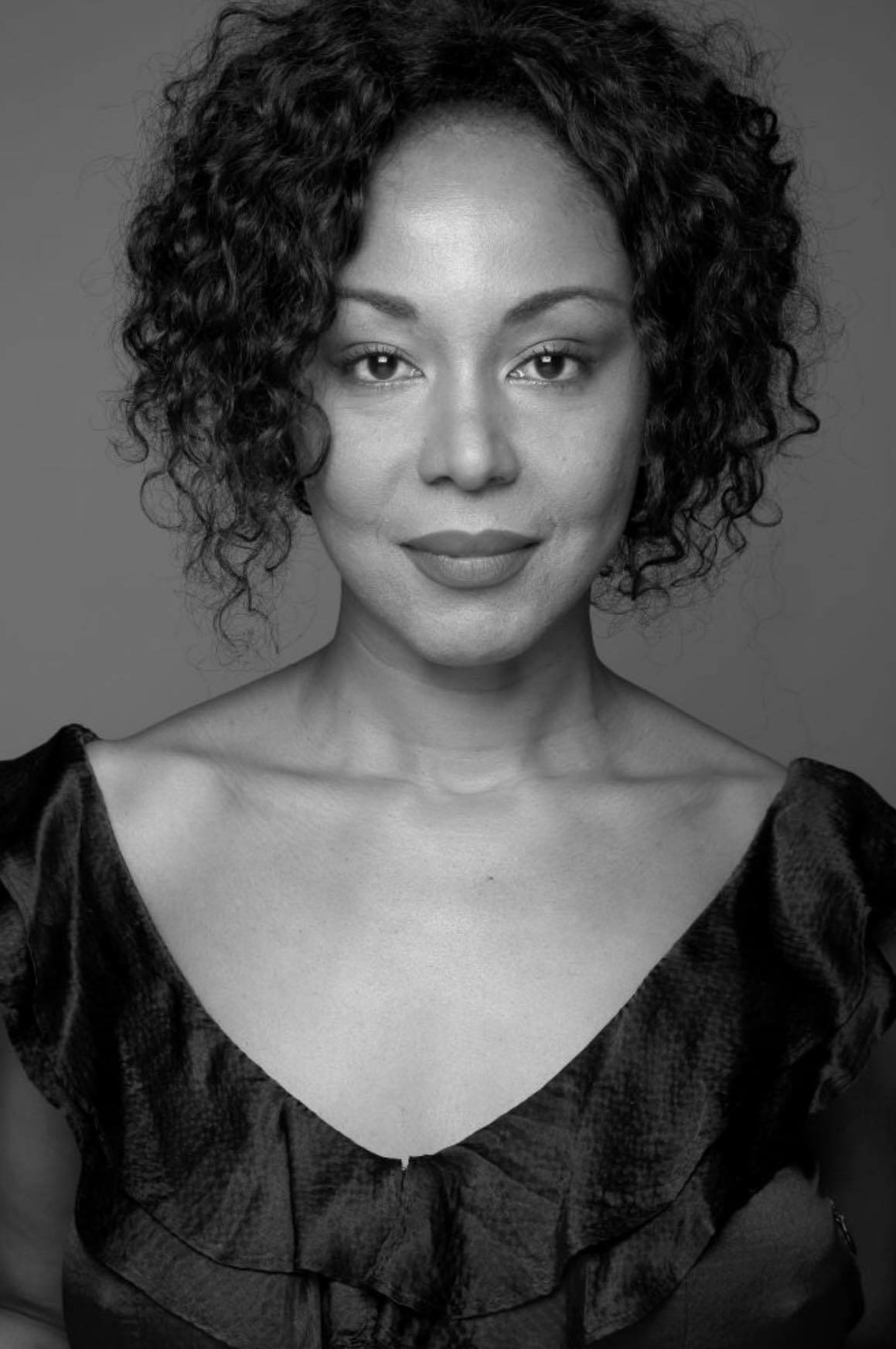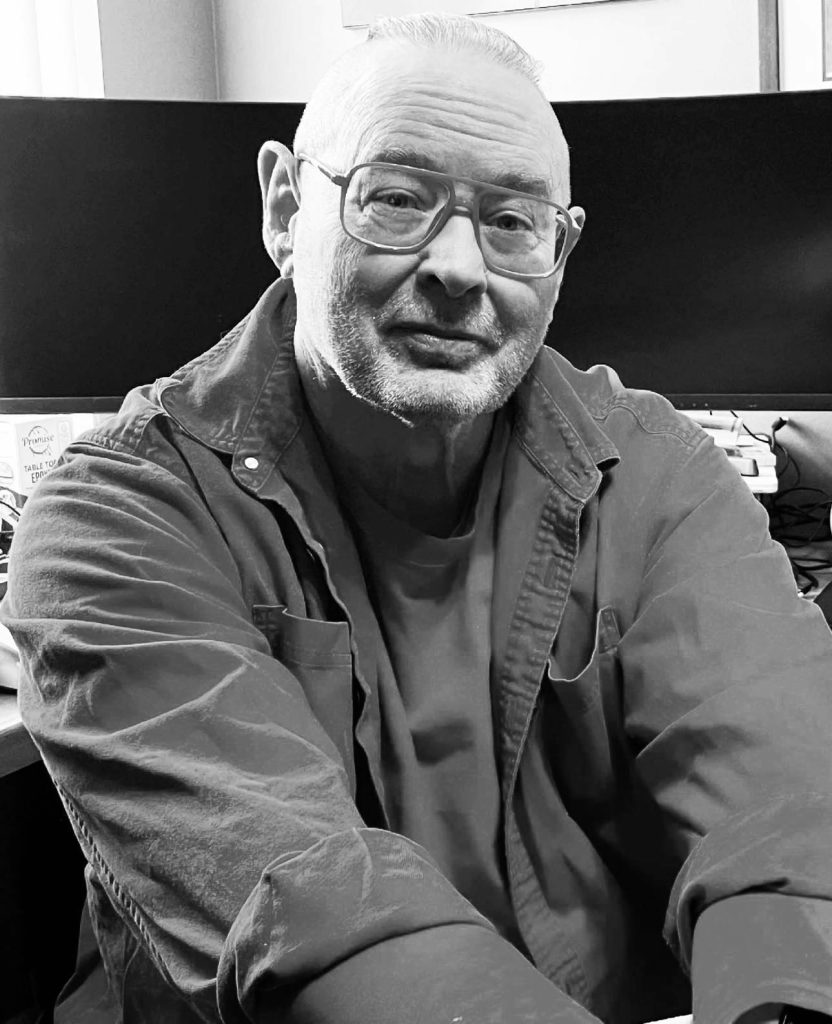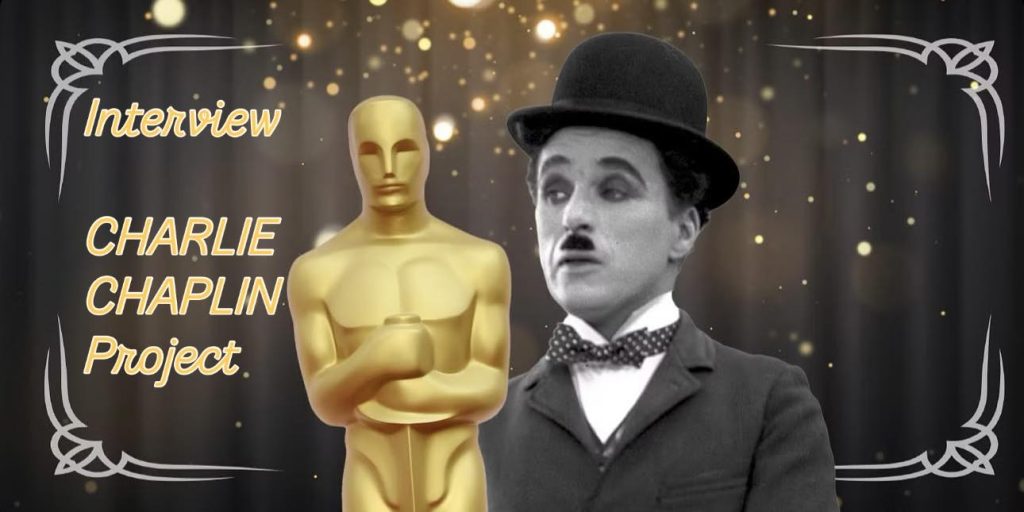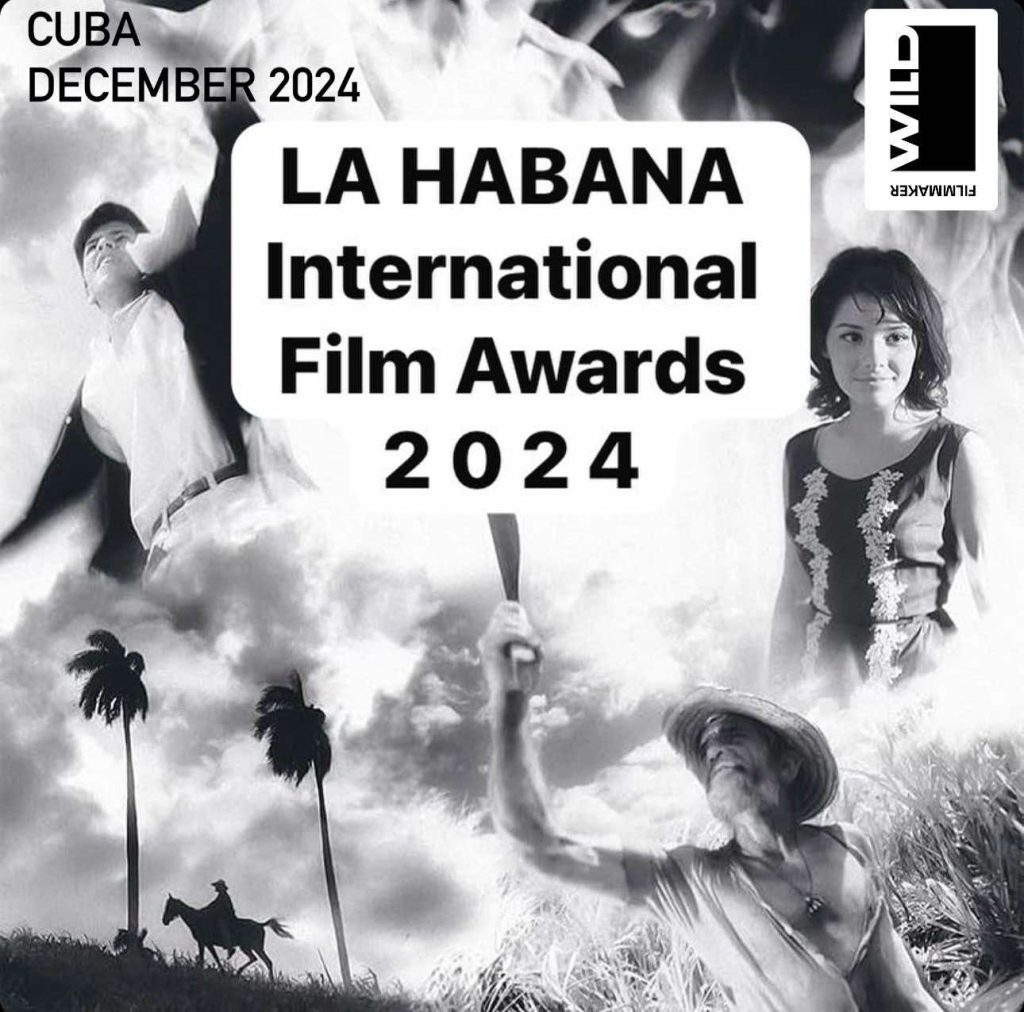
NEVERWERE: A Lycan Love Story
BEST ORIGINAL SCREENWRITER, BEST INDIE FEATURE SCRIPT & BEST ORIGINAL IDEA
Lambada The Dance Of Fate
BEST INDIE WRITER OF THE YEAR & BEST BIOGRAPHICAL SCRIPT
The Days of Knight: Chapter 3
BEST ORIGINAL NARRATIVE SHORT, BEST SCREENPLAY SHORT, BEST INDIE DIRECTOR OF THE YEAR & BEST ARTHOUSE CINEMATOGRAPHY
The Pathos of Hamlet
BEST INSPIRATIONAL SHORT FILM & BEST ORIGINAL FILMMAKER
The Stones of Rome
BEST INDI CINEMATOGRAPHY & BEST ORIGINAL PRODUCER
The Dead Ringer
BEST ARTHOUSE FEATURE SCRIPT
A Melody in the Bronx
BEST BOOK OF THE YEAR
Thankful
BEST ORIGINAL FEATURE SCRIPT & BEST INTERNATIONAL INDIE WRITER
Canta la gioia
BEST ARTHOUSE MUSIC VIDEO & BEST INTERNATIONAL SONG WRITER
Katabasis
BEST INTERNATIONAL ACTOR, BEST INTERNATIONAL ACTRESS & BEST INDIE FEATURE FILM
Super Mashugee and Freeky Passover
BEST ORIGINAL COMEDY
Alta California
BEST AMERICAN FEATURE SCRIPT & BEST ORIGINAL IDEA
Be Prepared for What?
BEST TELEVISION SCRIPT OF THE YEAR
The Quest for Camelot
BEST AMERICAN DIRECTOR & BEST ORIGINAL EXECUTIVE PRODUCER
Hot Afternoons Have Been in Montana
BEST ARTHOUSE FILMMAKER & BEST VIDEO POETRY OF THE YEAR
Shout It Out
BEST INDIE FILMMAKER (Category: Music Video)
The Demon
BEST ORIGINAL ACTING, BEST CHARACTER & BEST YOUNG ACTOR
The Taste Of Rain
BEST FEATURE SCRIPT & BEST AMERICAN SCREENWRITER OF THE YEAR
The way of Mizoguchi
BEST INTERNATIONAL INDIE DOCUMENTARY FEATURE & BEST ORIGINAL EDITING
Am I a painter?/Czy jestem malarzem?
BEST ANIMATION & BEST DIRECTOR (Category: Animated Short Film)
Not Without Gloves
BEST EXPERIMENTAL SHORT FILM & BEST CINEMATOGRAPHER
The Duchess
BEST INDIE ACTRESS
Hate Can Kill
BEST INTERNATIONAL DOCUMENTARY SHORT OF THE YEAR & BEST ARTHOUSE EDITING
Medea
BEST ARTHOUSE DIRECTOR (Category: Narrative Short), BEST CINEMATOHER E BEST ORIGINAL PRODUCER (Category: Narrative Short)
Eye of the Storm
BEST INTERNATIONAL DIRECTOR (Category: International Documentary) & BEST BIOGRAPHICAL INDIE FILM
The Assassin’s Apprentice 2: Silbadores of the Canary Islands
BEST INTERNATIONAL NARRATIVE SHORT FILM, BEST FILMMAKER OF THE YEAR & BEST ORIGINAL SCREENWRITER
Routine
BEST AMERICAN DIRECTOR, BEST INDIE ORIGINAL ACTING & BEST INDIE PRODUCER
Effata
BEST INTERNATIONAL SINGER & BEST ORIGINAL SONG OF THE YEAR
Monument to Love
BEST PRODUCER, BEST INDIE DIRECTOR & BEST ARTHOUSE EDITOR (Category: Documentary Feature)
I Can’t Save You
BEST INTERNATIONAL SUPER SHORT FILM OF THE YEAR & BEST ARTHOUSE DIRECTOR (Category: Indie Super Short Film)
Remnant
BEST ORIGINAL NARRATIVE FEATURE OF THE YEAR, BEST CAST, BEST DIRECTOR & BEST ORIGINAL SCREENPLAY (Category: Narrative Feature)
Big Momma Earth
BEST ORIGINAL DIRECTOR & BEST SCRIPT (Category: International Comedy)
Ye ole Glorya
BEST INTERNATIONAL ARTHOUSE COMEDY
The Priory of Sion
BEST EUROPEAN WRITER OF THE YEAR & BEST ORIGINAL FEATURE SCRIPT
The Dragonfly Dreaming Project
BEST ARTHOUSE DOCUMENTARY SHORT & BEST ORIGINAL FILMMAKER
BLIND FAITH: Moments of Missed Understanding
BEST DIRECTOR (Category: Experimental Film)
Can’t Figure It Out
BEST ARTHOUSE EXPERIMENTAL FILM OF THE YEAR & BEST ORIGINAL STORY
Nossos Caminhos (Our Paths)
BEST DRAMA SCRIPT OF THE YEAR
Luzinete
BEST SCREENPLAY SHORT & BEST SOCIAL NARRATIVE SHORT
Whispers of Love
BEST ROMANCE SCRIPT OF THE YEAR & BEST AMERICAN SCREENWRITER
An Ever After Drama
BEST ORIGINAL ACTRESS
Doctor Hyphoteses
BEST INTERNATIONAL COMEDIAN
We are Rivers
BEST INDIE DIRECTOR (Category: Documentary)
Omnipotent Resolution
BEST SOUNDTRACK, BEST MUSICAL OF THE YEAR & BEST DANCE FILM
Etnoragù
BEST EUROPEAN FILMMAKER OF THE YEAR, BEST EDITING & BEST ORIGINAL SCREENWRITER
In a Whole New Way
BEST HUMAN RIGHTS FILM & BEST EDUCATIONAL FILM
Brothers of Babylon
BEST ORIGINAL SCREENPLAY OF THE YEAR
Der Rote Klang
BEST ORIGINAL DIRECOR & BEST EUROPEAN ARTHOUSE ACTRESS
Baby in the Basement
BEST AMERICAN INDIE NARRATIVE SHORT OF THE YEAR
MIN
BEST INTERNATIONAL FILMMAKER (Category: Super Short Film)
Sinestesìa
BEST ORIGINAL FILMMAKER & BEST EDITING (Category: Music Video)
A Slip of Paper
BEST ORIGINAL SHORT SCRIPT
Giddiness
BEST THRILLER OF THE YEAR
Dojo
BEST ACTION, BEST SCREENPLAY SHORT & BEST INDIE EXECUTIVE PRODUCER
The Girl Made of Earth and Water
BEST ARTHOUSE SUPER SHORT FILM & BEST ORIGINAL IDEA
The Forest Prince
BEST ORIGINAL WRITER (Category: Feature Script)
Magic Moment
BEST INDIE MUSIC VIDEO & BEST SOUND DESIGNER
